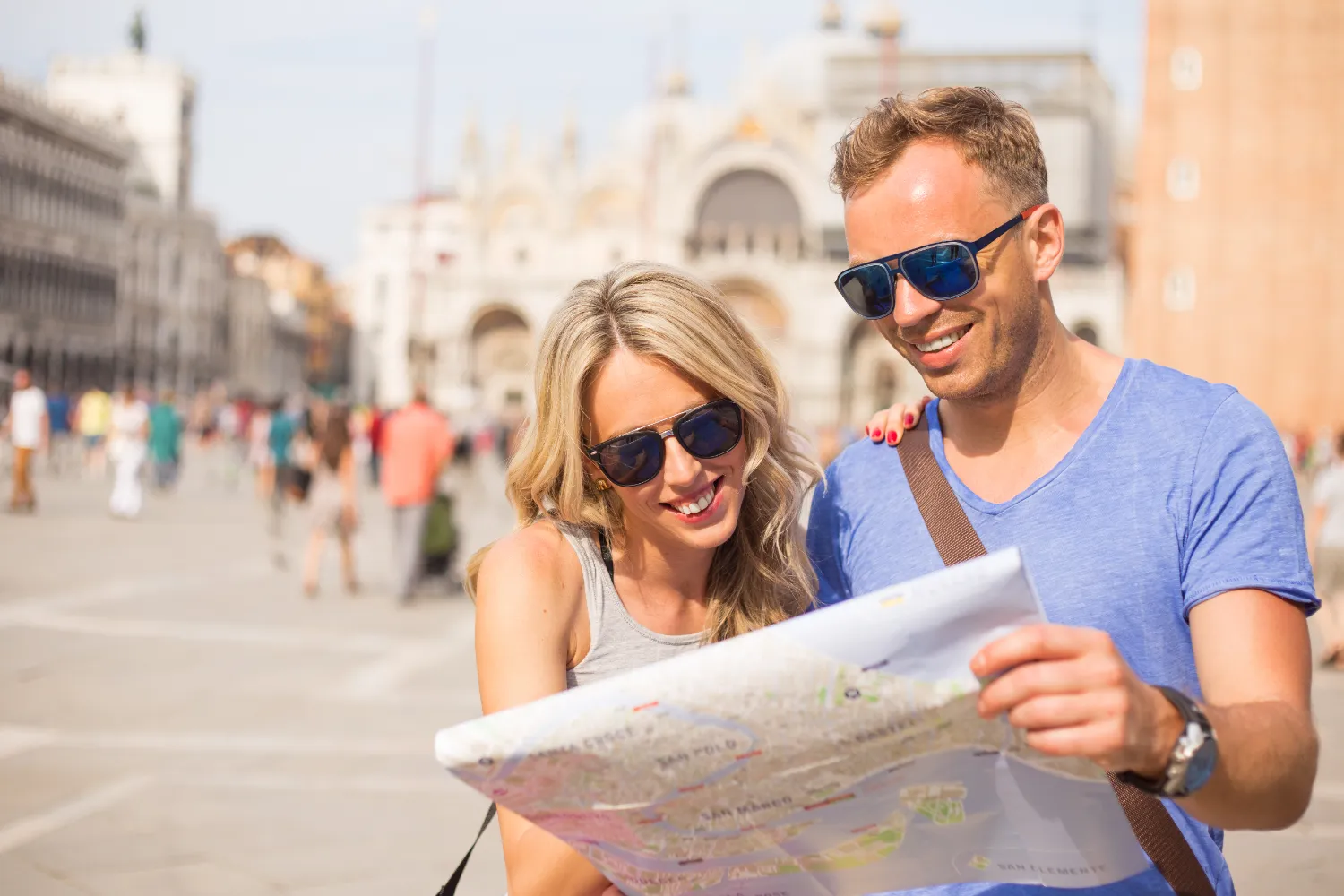If you’re travelling inside the U.S. or to a other country, it’s important to make sure you are secure. The distractions that come with travellike seeing the sights, enjoying delicious meals, or exploring new cities can increase the risk.These tips for travel safety will aid in reducing your risk, so that you can fully take advantage of your trip and stay out of trouble as much as possible. This is how you can travel safely with a variety of actions that you can implement at the moment and those that require some preparation.
1. Digitize important documents
Your purse or wallet is full of important documents that thieves could use. Don’t keep any items that aren’t needed (like you Social Security card) and create copies of all the other documents you’d need in the event of an emergency. This includes prescriptions or your backup credit card (so you are able to buy a digital item in the event of a crisis) along with your passport.
Snap a photo and upload it to a safe folder on the internet. In this way, in the event that something is stolen, you will be able to swiftly take steps to minimize the harm that criminals could cause. You can contact the bank to request the cancellation of credit and debit cards and get a new ID from the Embassy. It is also possible to use an encrypted digital vault such as 1Password as well as LastPass to keep these documents.
2. Reduce the amount of cash you carry
It’s essential to have the cash you need when traveling However, the majority of retailers will accept credit card payments, and even when traveling abroad. Cash insufficiently can reduce the value of your wallet to thieves as well as allowing you to challenge charges you aren’t sure of using the card. Make sure you have cards that do not charge charges for foreign transactions when you travel internationally.
3. Look less like a tourist
If you are dressed and behave as if you are a local, lesser chance there is of criminals pursuing tourists. By adjusting your appearance to the style of people who live there, walking confidently and putting maps in a safe place will help you blend into. If you are using directions on your smartphone, just glance at it for a few seconds while walking.
Also, get familiar with the city and your routes before you leave the hotel. If you need to find directions for a long duration, think about visiting a store or cafe for the purpose instead of staying in the hotel.
4. Send your itinerary to someone you are confident in
If you’re traveling on your own or with a group of friends, be sure to be sure to share your itinerary with a person you trust at home. Make sure to check in every day to inform them that you’ve arrived at your next destination, or at your home. These little steps will improve your security while traveling.
It’s also important to write and distribute a secure word to ensure that your family or friends are aware of when you’re having trouble, even though the conversation appears normal to others who might be watching. You could take this a step further by sharing your location live with your trusted family member on your phone.
5. Find travel advisories and research for destinations
In the words of U.S. Department of State, “conditions can change rapidly in a country at any time.” Its website provides a constantly updated listing of travel warnings for places around the world. While these advisory lists don’t necessarily suggest that you shouldn’t travel however they will help you aware of potential situations you’ll encounter when you arrive or of places to stay clear of.
Go to for the State Department website before making plans for your trip, and then once before leaving. A location that you thought was secure when the time you made your booking might have changed over time.
6. Sign up for Smart Traveler Enrollment Program
The Smart Traveler Registration Program STEP, also known as STEP, is a service that is free from the State Department that allows citizens who are living or traveling in other countries to be informed of the most recent security updates. The information you provide will make easy for closest U.S. Embassy or consulate to reach you in case of emergency.
7. Be sure to inform credit card companies about your travel plans
Since you might be travelling to places that are not part of your regular spending habits, inform your bank know the dates and locations of travel. A lot of banks allow you to inform them through the online banking portal.
This reduces the chance that your bank will lock your account because of fraudulent transactions. This could cause you to be without a place to go.
8. Be cautious when using Wi-Fi in public areas.
WiFi can expose your devices as well as sensitive data to hackers. The use of the VPN service is among the most effective ways we are aware of how to remain safe in the airport, while exploring your destination, or in your hotel. VPN providers create an encrypted connection that protects your personal data when you browse the web or using web-connected applications on an open network.
Security.org, a security-related site for reviewing products conducted a study in June 2020. The research discovered that only 31 percent of U.S. internet users utilize an VPN service to access public Wi-Fi. This means that nearly 70% of Wi-Fi users are at risk of being targeted by hackers.
9. Make sure you have travel insurance
To enhance your financial and physical security you should consider buying an insurance policy for travel ahead of your travel. This security measure can be helpful to avoid out-of-pocket costs for emergency medical care or trip delays and cancellations, interruptions or interruptions and evacuations or lost luggage.
The majority of policies will pay travellers for unoccupied accommodation, travel or other events that were not refundable however had to be cancelled because of a valid reason. In the same way, if your baggage is lost by a travel agency and/or train service, you’ll probably be reimbursed via the baggage protection provided by the policy. Additionally, if the policy covers emergency medical expenses that covers medical emergencies, you won’t be slapped with a large cost for medical treatment abroad.

